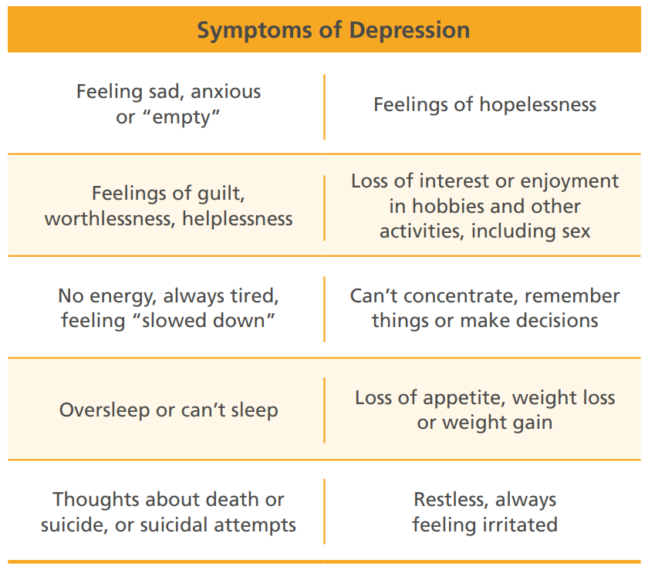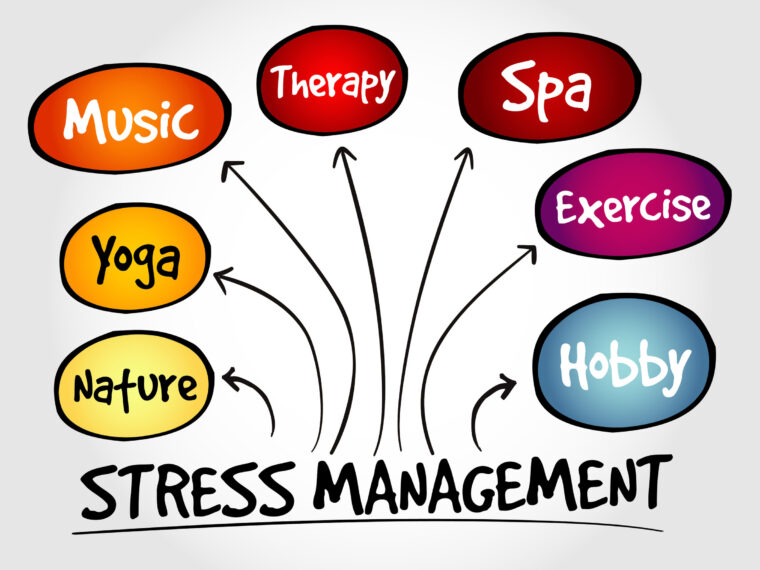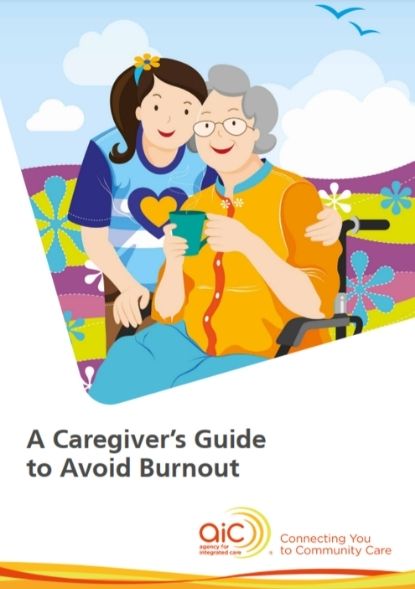Playback speed:
Guilt
As a caregiver, it is always a good idea to remind yourself at least once a day about:
- How much help you are providing a person you care for
- How your intentions come from love, care, and compassion for your loved one
Doing this will not only motivate you to improve your caregiving skills; but also give you a sense of fulfilment as an individual, for the present and future.
Anger
It is natural to feel frustrated, trapped and angry at the situations you may find yourself in as a caregiver. However, showing these emotions to your loved one living with dementia or other persons in your life may not be a helpful way to manage the situation.
However, it is just as unhealthy to keep these feelings to yourself. If you feel angry and frustrated, do not ignore these emotions. Find healthy and positive ways to let off steam. Consider trying some of these options to let go of anger and frustration in a safe way:
- Join a support group for caregivers. It can provide opportunities for you to share your feelings openly. Group members will understand how you feel and no one will make you feel guilty. They may even offer practical, effective advice or solutions. Research also shows that support groups can help caregivers deal with their situations better.
- Make an appointment with a therapist, family counsellor or spiritual advisor.
- Keep a journal to express and write down your feelings.
- Exercise e.g. take a walk to cool down.
- Other creative methods, such as: going to a private corner or room and take out your anger on a big pillow.
Depression
Caregiving can be emotionally demanding and may trigger negative emotions such as the ones mentioned above. Sometimes, these negative emotions can lead to depression which will put the well-being of you and your loved ones at risk.
It is already good in and of itself to make time for yourself, get some respite, and talk to a professional, family, or friend for you to express your emotions. In light of how depression can increase the risk of developing illnesses such as heart disease and put others around you at risk, however, it is even more important that you take the time to care for yourself.
If you have five or more of these symptoms for more than two weeks, you may have depression. Make an appointment and talk to a doctor, psychiatrist or psychologist.

If caregivers are experiencing stress symptoms, here are some ways to manage them:

To avoid burnout, set aside time for yourself

Make and keep doctors’ appointments to maintain your own health

Join a caregiver support group to expand your network

Make use of respite care opportunities – you must rest so that you can care for your loved one better

Talk to a professional, friend or family member about the challenges you face and explore ways to manage your stress
Coping With These Emotional Burdens

Dependency & Isolation
As persons living with dementia become more dependent on their caregivers, the caregivers sometimes fear being isolated from the community. More than ever, respite and support are coping techniques every caregiver needs as building blocks for their emotional support network. Many caregivers may feel bad asking for help. However, caregivers who are able to develop personal and social support will more likely cope better.
Knowing When to Seek Help
“Why doesn’t anyone ask how I am doing?”
It is easy to feel invisible next to a person living with dementia. Many caregivers say that nobody asks about their situation as everyone else is focused on the person living with dementia. These feelings should not be allowed to build up, as mental health experts advise.
Support groups, religious and spiritual advisers, or mental health counsellors can always advise caregivers on the many positive ways to seek help when needed.
Also, seek professional help immediately if you are:
- Drinking more alcohol than usual
- Using unhelpful coping methods
- Often taking prescription drugs without a doctor’s advice
- Suffering from skin rashes, back aches, colds, or a flu that does not go away
- Unable to focus or think clearly
- Feeling tired and do not want to do anything
- Feeling worthless, guilty, or sad most of the time
- Having fear and anxiety
- Having thoughts of inflicting harm on themselves or their loved ones living with dementia
- Experiencing the points above for two weeks or longer

Some Tips for Dealing with Physical and Emotional Burdens
Live one day at a time
Make a list of important tasks and prioritise them, think of ways to make your work easier, allow some things to be left undone
When handling a difficult task, make it easier by listening to music
Find time for regular exercise; this will help you keep fit, increase your physical stamina, and keep you feeling more energised
Focus on getting relaxing sleep instead of more sleep
Take short rests in the day to get enough sleep
Set aside time for meditation, reflection or prayer
Do deep breathing exercises and meditate to free your mind of troubles
Take care of your self-esteem; remember that you have skills and talents
Remember that you have limitations, and continually acknowledge them
Set goals; remember that you may not be able to do everything like before
Have a balanced diet
Make time for yourself
Treat yourself to a massage once in a while
Keep in contact with friends and take part in interesting activities
Let friends or family know that you welcome help; allow them to help with respite care
When you visit the doctor, talk about your caregiving responsibilities, not just your loved one’s symptoms
Share your concerns with a friend
Join a support group, or start one to share ideas and resources
Use respite care services in the community
Speak openly and honestly to people who should be doing more to help
Make a list of tasks and assign specific ones to people who offer to help
Know that you do not have to feel guilty about your emotions, and that simply acknowledging them is okay. It is natural and human to experience them.
Express your anger and frustration by writing down your feelings
Allow yourself to cry
Remind yourself that you are doing something important for the person in your care
Tell us how we can improve?
- (2019, December 9). Ministry of Health. Your Guide to Understanding Dementia. Retrieved on 24 March, 2021, from https://www.healthhub.sg/live-healthy/679/yourguidetounderstandingdementia_pdf
- (N.d.). Alzheimer’s Disease International. Dementia statistics. Retrieved 24 March, 2021, from https://www.alzint.org/about/dementia-facts-figures/dementia-statistics/





